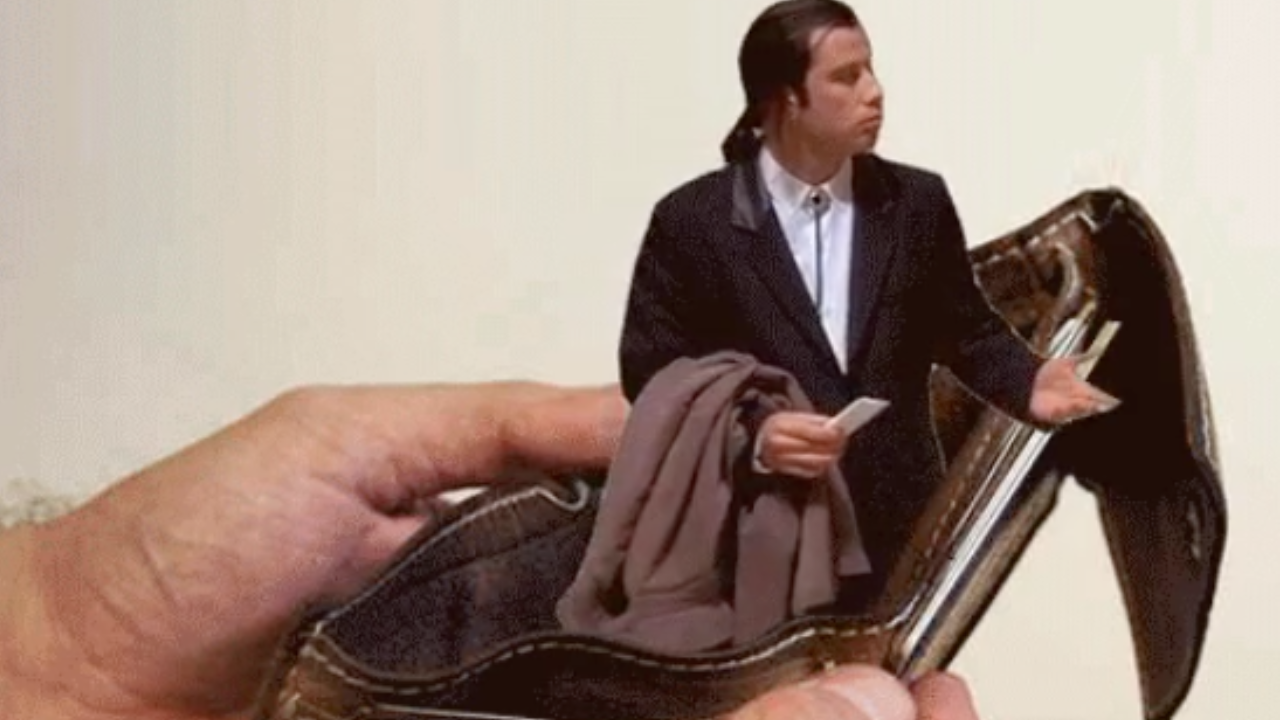
While an Australian recession isn’t here yet, it’s being talked about more and more.
But the ABS data also showed household spending is actually up — something economists will tell you is a sign the economy is strong. So what is a recession and why are people talking about it?
Household spending rose 18.4 per cent in July 2022, compared to the same time last year. It was the 17th consecutive month of increases in total household spending which also saw increases in all spending categories.
“There were particularly strong increases in spending on clothing and footwear (up 45.0 per cent), transport (up 35.4 per cent) and hotels, cafes and restaurants (up 34.9 per cent),” ABS’s head of macroeconomic statistics .
“These increases were coming off the back of the COVID-19 Delta lockdown impacts that we saw last year, when there was reduced spending in these spending categories.”
RBA officials said last week they were still confident Australia couldavoid a recession, but they might be optimistic because they need to defend their decision to raise the interest rate — something some economists say has gone too far.
It has raised the interest rate up from 0.1 per cent in May to 2.35 per cent in October in an attempt to rein in inflation. Another interest rate rise is tipped for this week.
But since May inflation has continued to rise and the annual rate of inflation hit 6.8 per cent in August.
“Inflation numbers with a six in front of them or even a seven are incredibly concerning,” Treasurer Jim Chalmers said on Sunday.
He reiterated that we can expect it to get worse before it gets better.
AMP Capital chief economist the likelihood of a recession was about 40 per cent and senior economist at Vanguard bets it’s 45 per cent likely.
“[Global factors are] likely to serve as a drag on the Australian economy, with gross domestic product growth expected to weaken and unemployment expected to rise in 2023,” Gray
“The RBA will face an increasingly difficult trade-off in 2023 between dampening inflation and averting stagnation.”
What is a recession?
In economic lingo, a recession is a prolonged decline in economic activity. The most popular definition is when a nation experiences two consecutive quarters of declining gross domestic product (GDP). A GDP is the total market value of the goods and services produced by a country. When a GDP’s not growing, people start stressing. Experts usually declare a recession when a nation’s economy experiences a perfect storm of negative GDP, rising unemployment and falling retail sales for an extended period of time. It can last for months or years and can have huge effects on consumers and industries. Common side-effects include higher unemployment, lower wages and increased inequality. Fabulous.Why is spending in Australia up RN?
While Australians are spending loads of money, interest rate rises and the high cost of living could see spending plummet soon. This is because the high spending stats are not actually due to our habits. We’re not buying more stuff, the stuff we need just got a whole lot more expensive due to high inflation. Jacqui Vitas said in a statement Household spending on all services rose 28.4 per cent between July 2021 and July 2022, driven largely by petrol prices. Spending on transport services rose 22 per cent between May 2022 and July 2022 alone. Again, this doesn’t mean people are travelling more. In fact with petrol prices rising again last week after the fuel excise cut ended, I know I’m travelling less.Why is consumer confidence dropping?
Basically, because everything is expensive and interest rates are rising. Westpac chief economist Bill Evans told the ABC confidence had fallen every month in 2022 and was at levels only ever seen during recessions or other major economic disruptions. Westpac and the Melbourne Institute’s consumer sentiment index has dropped 22.9 per cent since November 2021. It fell 3 per cent between July and August alone. This is comparable to the two-month plunge at the start of the pandemic COVID (-20.8 per cent) and the six-monthly declines we saw at the beginning of the global financial crisis (-29.7 per cent) in 2007-8.What does the Reserve Bank of Australia reckon?
What is the government saying?
“If you look around the world, even in some countries where inflation has come off the peak, it’s still extraordinarily high by historical standards. So we’re not out of the woods by any measure when it comes to cost of living.”
“The global environment is a dangerous and difficult place right now. Even in the last month or two, the global situation has deteriorated dramatically. And in many of the major economies that we monitor most closely, the chances of a recession have edged over from possible to probable.”
But have they announced any cost of living measures? Mmm, no.
So how likely is a recession?
Look, the jury’s still out on this one. Economists are expressing concern, but some are also pointing out a few promising signs. Shane Oliver estimated Alexis Gray told the Financial Review. But AMP economist Diana Mousina predicted Australia was better off than the US and Europe and there were enough positives for us to stay out of recession territory, including a low unemployment rate, a high level of accumulated savings among Aussies and strong forecasts for the export industry. Mousina also said this was hopefully short-term pain for long-term gain. High inflation is bad for economies and consumers, which is why the RBA is trying to stamp it out by raising the interest rate. It means some things get more expensive immediately, like mortgages, but eventually it will cause everything else to get cheaper because people stop throwing their money around willy-nilly. We can only hope that this crisis is fleeting and things start to turn around ASAP.The post Treasurer Jim Chalmers Says A Recession In Australia Is ‘Probable’ So WTF Does That Mean? appeared first on PEDESTRIAN.TV .







